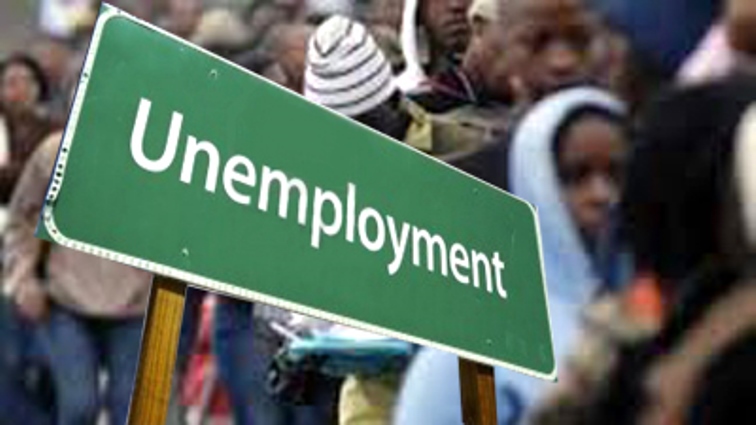With the possibility of retrenchments heightened by the current lockdown, some South African companies have come under fire for allegedly using COVID-19 as an excuse to retrench employees for illegitimate reasons.
Economic disruptions caused by the COVID-19 pandemic and the current lockdown has resulted in many companies having to downscale or close their doors permanently – bringing with it large scale retrenchments. According to National Treasury, more than 7 million people could lose their jobs as a result of the outbreak in the country.
This horrific reality has already knocked on the door of 40-year-old Warren Michael Joshua, a breadwinner in his large family. Come the first of July, Joshua will be unemployed, a stress that is far more worrying that contracting the coronavirus.
“They said that across the board they are shortening the expenses for our company. Many people, like a third of our staff have been retrenched. They are uncertain whether business will be coming in or not. My motivation has dropped, I am not so eager to do work anymore. It will have a drastic impact as we have a big household and I am one of the breadwinners in the house.”
Senior Associate in Employment Practice at the Cliffe Dekker Hofmeyr law firm, Bheki Nhlapho, says retrenchment processes during the national lockdown remain the same. He says the firm has already dealt with a case where an employer did not follow procedure and retrenched employees for reasons not related to financial trouble caused by COVID-19.
“I came across a case where the employer would have abused the COVID-19 pandemic, in such a case, the test is – is there a genuine reason for retrenchment. Even if you retrench in COVID-19, you must be able to discharge the onus to show that I have no option but to cut my workforce. The important thing is that the CCMA have opened their doors. Their biggest role is to ensure there is no abuse of process.”
Nhlapo adds that employers experiencing financial pressure as a result of the pandemic need to ensure that the correct protocols for retrenchment are followed and the rights of employees are not infringed.
“The only difference is that employers, before resorting to retrenchments would have conceded the available funding options from the government. That is the utilisation of UIF, reducing employees’ hours, employees going on unpaid leave. In these options from the government would cater for that. The employer would need to give valid reasons.”
Increased retrenchments mean fewer people are contributing towards monthly taxes and economic activity drops. National Treasury has predicted economic contraction could be anything between 5 to 12%.
Economist Dr Pieter Le Roux says job losses in the country are likely to see South Africa experiencing an economic depression, one that was last seen 90 years ago. He says the whole combination of impacts on the economy could be severe.
“It is going to be a very deep recession and most likely a depression if it’s not rightly handled”, Le Roux adds.
Loading…
As the death toll in South Africa swells and the lockdown continues, economists warn that consumers should brace themselves for a turbulent ride.






